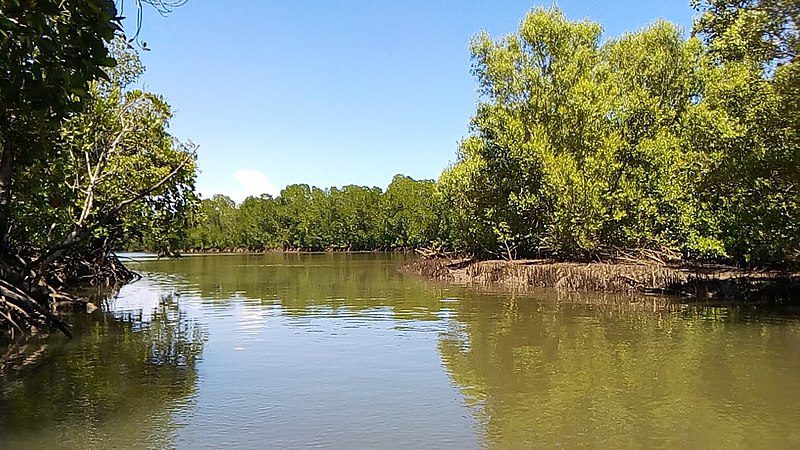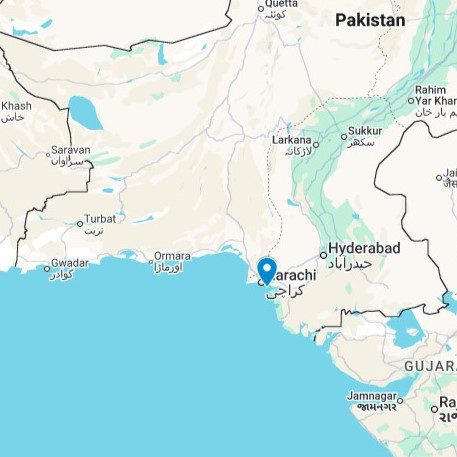The Delta Blue Carbon – 1 project (DBC-1) is a Mangrove restoration project located in the Sindh Province in Pakistan. The project is an initiative to promote climate change mitigation and adaptation, maintain biodiversity and create improved livelihoods, well-being, and employment for forest dependent communities in the Project Zone. The delta’s mangrove forests are unique in being the largest area of arid climate mangroves in the world.
Benefits: Climate & Environment
The project’s climate benefits include the sequestration of an estimated average of 2,407,629 tCO2e annually.
- Climate Change Adaption: Assist local communities to adapt to the probable impacts of climate change. The improved provision of mangrove ecosystem goods and services will also improve the climate change resilience of local people.
- Biodiversity: The Indus eco-region is one of the 40 most biologically rich ecoregions in the world and home to 11 globally threatened species. DBC-1 positively impacts these species of special concern by revitalising the degraded coastal ecosystem.
- Carbon Sequestration: Captures and stores an estimated 142 million tCO2e of emissions over the project’s 60-year lifetime.
- Soil and Water Quality Improvement: Mangrove systems help filter pollutants from marine environments and reduce soil erosion.
Benefits: Social & Economic
More than 43,000 people live in 60 coastal villages within the Project Zone. The project generates both short-term and long-term net positive well-being benefits for local community members, including women and those from vulnerable/marginalised groups.
- Community: 43,000 people are expected to have improved livelihood or income generated as a result of project’s activity.
- Job Creation: Direct employment and career potential. Promotion of various gender development and income generating activities for women. Reducing poverty in remote coastal regions.
- Community Development: Supports local communities through infrastructure improvements and services and support for fishing communities and sustainable fisheries. Access to safe drinking water for over 48,000 people and improved health through improvements to water access and environmental quality.
- Development and Training: 34,000 people are expected to have improved skills by the end of project lifetime, 6,000 of them women. Education and training lead to an improvement in living standard of the local community.


Project Verification


